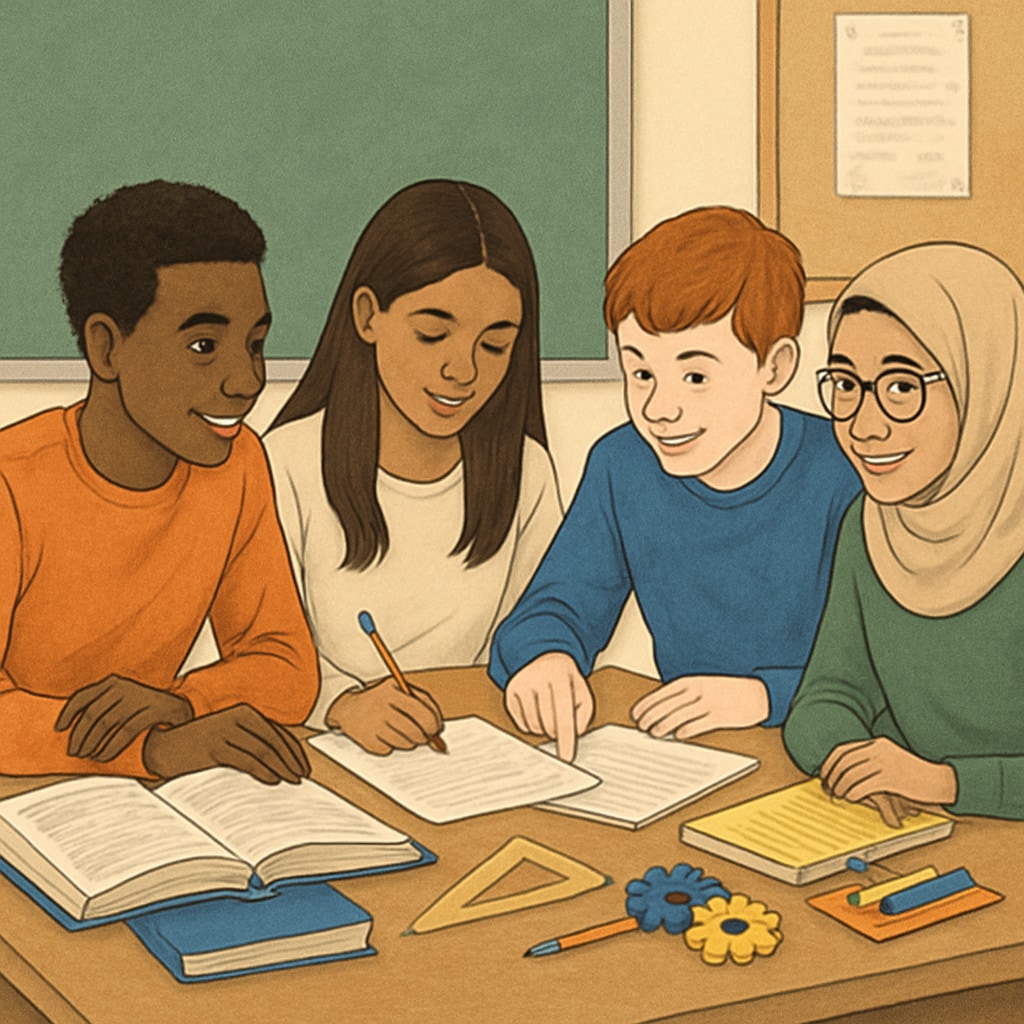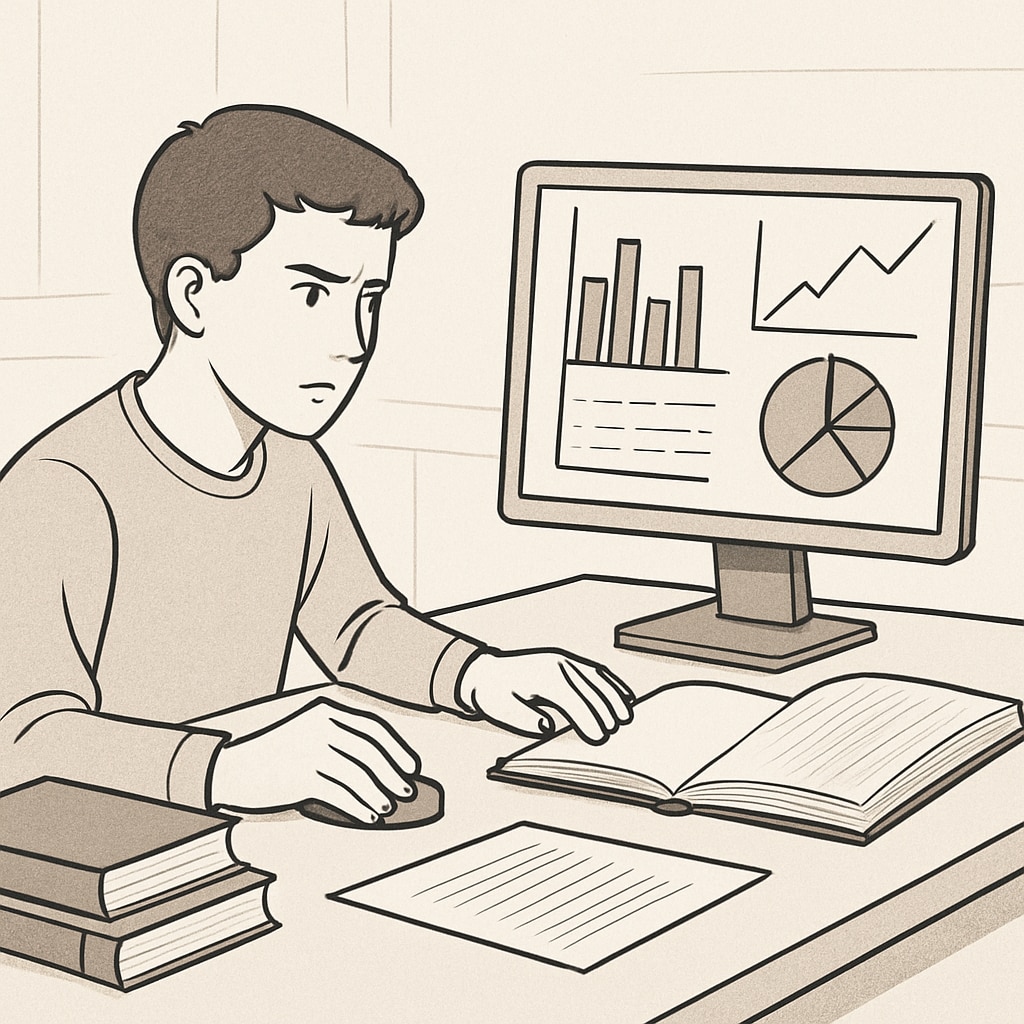Education, personal growth, and critical thinking are interconnected forces that define our journey as individuals. While education is often seen as a pathway to acquiring knowledge, its true essence lies in shaping who we are and how we think. Beyond textbooks and classrooms, education nurtures traits like self-awareness, empathy, and resilience, while bolstering our ability to think critically and solve problems effectively. In this article, we will explore how education influences character development and thought processes, and why it is a cornerstone for personal and societal progress.
The Transformative Role of Education in Character Building
Education’s impact on personal growth goes far beyond academic achievements. It plays a pivotal role in shaping values, ethics, and social behaviors that define an individual’s character. Through exposure to diverse perspectives, cultural history, and global challenges, education fosters empathy and a sense of responsibility towards others. For example, learning about the struggles of marginalized communities encourages students to adopt a more inclusive and compassionate outlook.
Moreover, education provides opportunities for self-reflection, which is essential for developing self-awareness. Self-awareness, in turn, enables individuals to recognize their strengths, weaknesses, and biases, thereby fostering a growth mindset. As students engage in collaborative projects, debates, and community service, they cultivate essential qualities like teamwork, leadership, and resilience—traits that are indispensable for personal and professional success.

How Education Enhances Critical Thinking Skills
Critical thinking—the ability to analyze, evaluate, and synthesize information—has become an essential skill in the modern world. Education serves as a training ground for this skill, encouraging students to question assumptions, assess evidence, and formulate logical arguments. By engaging in activities like research projects, case studies, and problem-solving exercises, learners develop the intellectual rigor needed to navigate complex issues.
For instance, subjects like philosophy and science challenge students to think deeply and critically about abstract concepts and empirical data. Additionally, the integration of technology in education has opened new avenues for interactive learning, enabling students to simulate real-world scenarios and test their decision-making skills. As a result, education not only equips learners with knowledge but also prepares them to adapt to and thrive in an ever-changing world.

Education as a Lifelong Journey of Growth
One of the most profound aspects of education is its lifelong nature. Personal growth and critical thinking are not confined to formal education; they continue to evolve as we encounter new experiences, challenges, and opportunities. Lifelong learning fosters adaptability, curiosity, and innovation—qualities that are vital in a rapidly evolving global landscape.
Furthermore, education empowers individuals to take ownership of their learning journeys. By cultivating a habit of self-directed learning, people become more proactive in seeking knowledge and improving themselves. This not only benefits individuals but also contributes to the collective progress of society, as educated individuals are better equipped to address global challenges such as climate change, inequality, and technological disruption.
In essence, education is not just about acquiring skills for a career; it is about shaping a well-rounded, thoughtful, and empathetic individual who can make meaningful contributions to the world.
Conclusion: The Dual Power of Education
Education is a powerful force that shapes both character and thinking. By instilling values, fostering self-awareness, and nurturing critical thinking, it helps us grow into better versions of ourselves. As we continue to learn and evolve, education remains a guiding light, illuminating the path to personal fulfillment and societal progress. In a world full of challenges and opportunities, the transformative power of education is more important than ever.
To learn more about the impact of education on personal development, explore resources like the Education page on Wikipedia or the Britannica entry on education.
Readability guidance: This article uses short paragraphs and lists to enhance readability. It incorporates transition words and avoids excessive use of passive voice or long sentences. Images are strategically placed to complement the content and engage readers.


